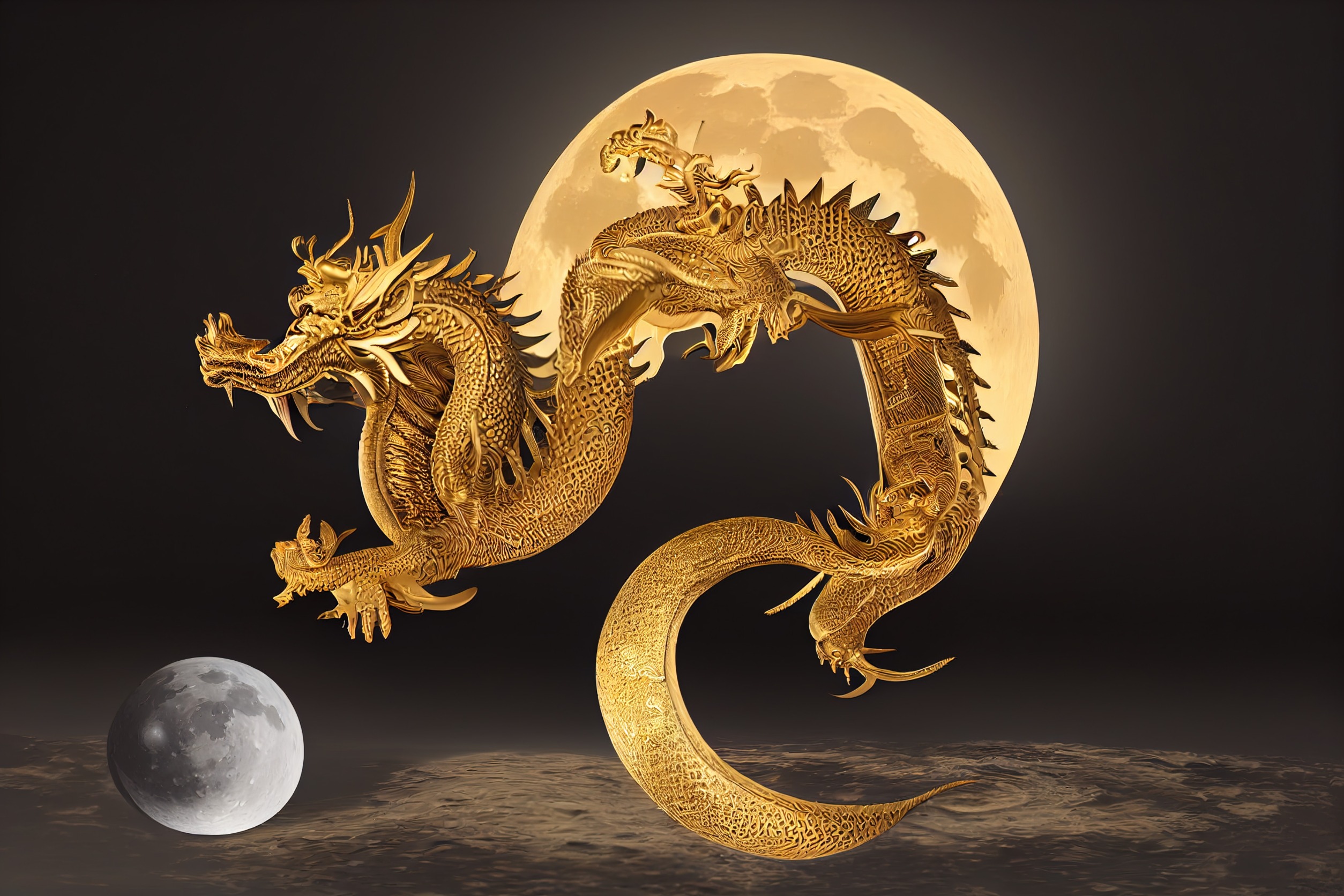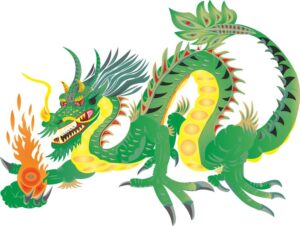China Cloning Dragons -Fact check

China Cloning Dragons -Fact Check
China cloning dragons by splicing DNA from frozen dragon
Clone dragon in China
Have you heard of the rumors of a Chinese clone dragon? Rumor has it that Chinese scientists have succeeded in cloning dragons at a lab in Beijing. This topic has gained particular attention since early May 2023.
What is this alleged claim about cloned dragons in China? Did Chinese scientists successfully clone dragons? No, Chinese scientists have not successfully cloned dragons.
It is one of those disinformation campaigns that originated from social media.
There is no credible evidence to suggest that a Chinese lab has cloned a dragon. Apparently, the disinformation stemmed from a post on TikTok featuring AI-generated images. These videos or photos provide no evidence to support the claim that China has cloned a dragon.
It is said that Chinese scientists in Beijing discovered a 10,000-year-old dragon frozen in the ice and successfully cloned dragons using the frozen DNA from the dragon. However, as widely known, dragons are mythical creatures. Unlike dinosaurs or other ancient animals, dragons never actually existed. Therefore, it would be impossible to clone them in the first place. There is no such thing as DNA from a frozen dragon.
The claim that China has succeeded in cloning dragons is likely a hoax, similar to other hoaxes concerning China that circulate on the internet. These hoaxes often spread quickly on social media because they are exciting and attention-grabbing. Nevertheless, there is no evidence to support them.
What is a dragon?

A dragon is a legendary creature that appears in myths, legends, and folklore from cultures around the world. It is typically depicted as a large, reptilian creature with wings, scales, and sometimes the ability to breathe fire. Dragons are often associated with strength, power, and wisdom.
In Eastern cultures, such as China and Japan, dragons are often revered and seen as benevolent or symbolic creatures. They are associated with good fortune, wisdom, and protection. Eastern dragons typically have long, sinuous bodies, often with multiple claws, and are often depicted as water or weather deities.
In Chinese culture, a dragon holds significant symbolism and is considered a mythical creature rather than a tangible being. The Chinese dragon is quite different from the Western depiction of dragons as fearsome creatures. In China, dragons are revered as benevolent and powerful creatures associated with good fortune, prosperity, and imperial authority.










